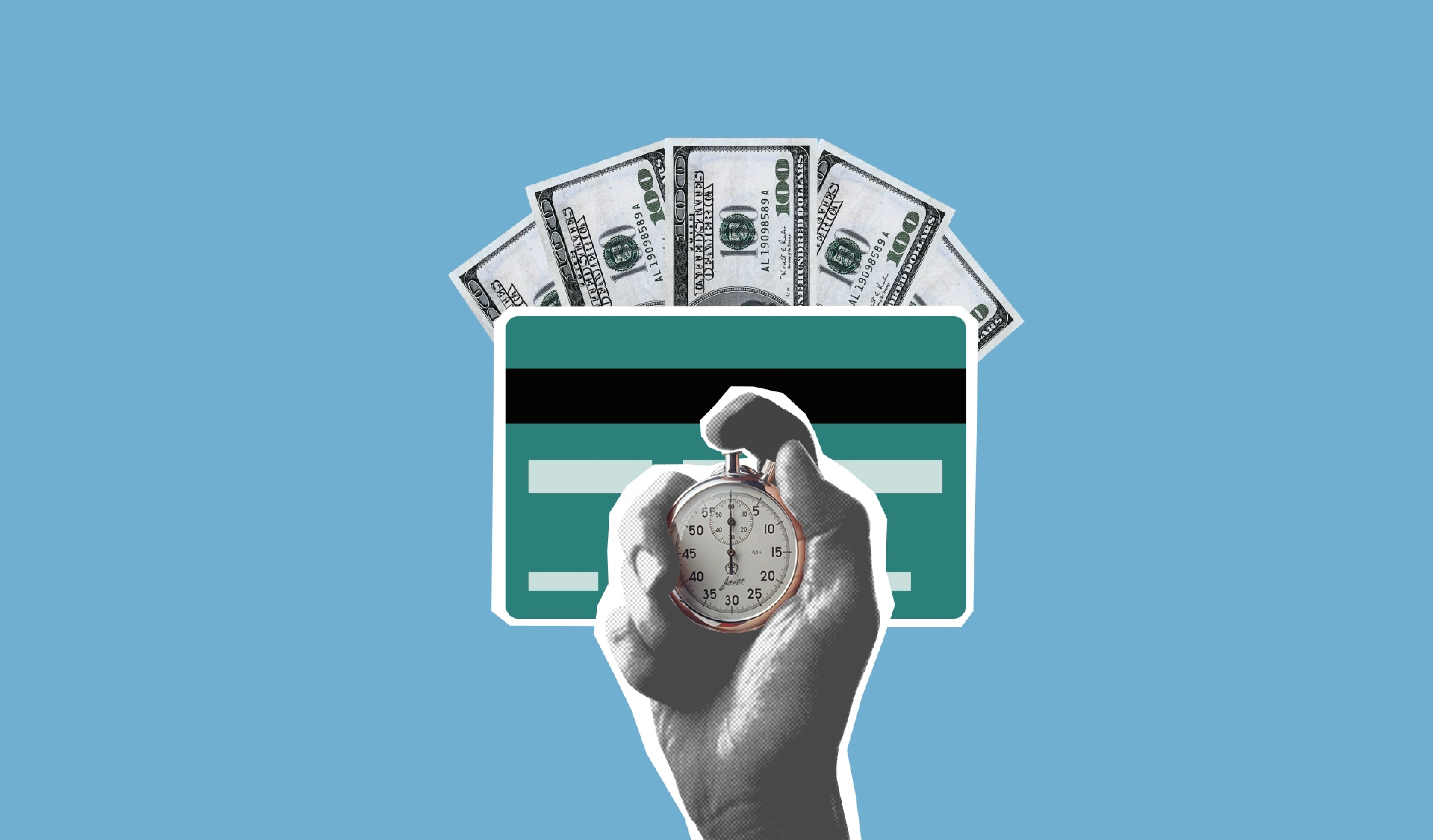
- Checkout.com is acquiring online identity verification provider ubble.
- The move will enable Checkout.com to help its clients ensure compliance and stay ahead of changing regulations.
- Terms of the deal were not disclosed.
Global payments solutions provider Checkout.com is boosting its digital identity expertise with the acquisition of online identity verification service provider ubble.
ubble was founded in 2018 to reinvent remote identity verification through video. The France-based company’s flagship solution offers clients automated verification of their users’ identity for over 2,000 types of documents from 214 countries and territories worldwide.
“ubble was founded with a mission to provide people with the convenience and security of using their personal identity in the digital world,” said Checkout.com Chief Product Officer Meron Colbeci, “and that is clearly becoming a growing need for e-commerce and crypto merchants, digital wallets, and other fintechs we serve.”
The move will allow Checkout.com to add identity verification services to its existing payments services, creating a holistic payments experience. The addition of digital identity tools will help Checkout.com not only ensure global compliance for its merchant and fintech clients, but also stay ahead of changing regulation.
“We always put the needs of our merchants first,” said Colbeci. “By expanding our security and fraud detection capabilities, we can reduce the time, cost and friction those merchants experience with existing IDV solutions. And they can offer their end consumers a simple and compelling experience, which lends itself to increased conversion rates and faster growth.”
Terms of the deal, which is expected to close later this year, were not disclosed.
This news comes on the heels of Checkout.com’s recent $1 billion Series D investment round, which valued the company at $40 billion. Today’s buy is the U.K.-based company’s fourth acquisition since it was founded in 2012. Guillaume Pousaz is founder and CEO.
Photo by Almos Bechtold on Unsplash













